I’m sure most of you have heard about Nikki Blonsky’s latest foray into television: a show entitled Huge airing on ABC Family.
I find myself reacting quite strongly to her flashing before my eyes (while I’m watching Gilmore Girls reruns, not gonna lie!), as the commercials show her suggestively stripping down to nothing but a swimsuit and making proclamations like, “Why do I have to change?”
While I’ll readily admit to my addiction to The Biggest Loser – thus I’m no stranger to obesity’s exploitation on television – I can’t get on board with a show that seems to want to make obese young men and women believe their weight is merely a vanity issue.
In Hairspray, Blonsky plays the role of Tracy Turnblad as almost obnoxiously proud of her size – and from the looks of the previews, her character in Huge, Willamina, will be portrayed in the same vein. I’m all for promoting the message that young people should learn to accept who they are, but not at the cost of promoting another very important message: obesity is a serious health issue.
Before I lost weight, I used to stomp around wishing I could wear the same cute clothes as my thin friends. I hoped, longed, dreamed for a day when I could be “skinny.” I desperately wanted to be able to look in the mirror without being disgusted by dimply thighs and rolls of flesh oozing over the waistband of my too-tight jeans.
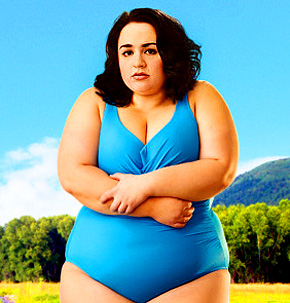
I ridiculed my appearance constantly in front of friends and family for a few chuckles and polite choruses of “oh, stop it…you’re not fat!” Eventually, I convinced myself that I was “big-boned,” and thus could do nothing about the fact that I had been relegated to shopping in specialty stores. Every time I thought about my weight issue, I thought about how nice it would be if I could shop in the juniors department or don a bikini.
I never once thought about how losing weight would lend me the ability to run the dreaded mile in gym class, to leap as high as my friends at dance recitals, or provide the boost of confidence I needed to try out for the high school girls’ softball team.
My one and only concern was always how my obesity was affecting my physical appearance and my social life.
Woe is me, they didn’t make L.E.I. jeans beyond a size 13, and while other girls could slip into their swimsuit and hit the beach without a care in the world, I had to spend hours in dressing rooms trying to find a one-piece, swim skirt, and sarong combination that concealed the most skin without making me look like a woman 40 years my senior.
Never, ever did it occur to me that with every super-sized Big Mac meal from McDonalds, I was putting my health in jeopardy. The thought that I was eating my way into diabetes (which runs in my family), or heart disease, or hypertension, or any one of the long list of health maladies attributed directly to a poor diet and sedentary lifestyle never even crossed my mind.
As a pre-teen and adolescent, life revolves around the thrill of experimenting with makeup, going on dates, and shopping with your girlfriends at the mall. All I could think about was how no amount of bronzer could erase my double chin, and how I was slowly but deliberately cutting my friends out of my life because I was jealous they were being invited to parties and I wasn’t. I was too busy daydreaming about boys who would never give me a second look and making up excuses why I wasn’t going to the “lame” school dance…so that nobody would realize that a.) I didn’t have a date and b.) I didn’t have a dress that fit.
It wasn’t until I reached my 20s – well beyond the age of the characters portrayed in Huge – that I began to realize that my bouts of acid reflux, high cholesterol, and the inability to climb a flight of stairs were not normal for a woman my age. Stepping on a scale and seeing that I was on the road to becoming a 300-pound 25-year-old was the ultimate wake-up call. I had to face the reality that I was physically harming myself, and that my addiction to food went far beyond a paucity of skinny jeans in my closet.
It took me so long to recognize that my obesity was, first and foremost, a health issue. So when I see Nikki Blonsky prancing around on television and promoting the idea that “it’s okay to be fat,” I cringe. I’m all about body acceptance – in fact, that’s something I continue to strive for – but there comes a point when being significantly overweight needs to be seen as the serious, life-threatening health issue that it is…and not only as something that prevents a teenage girl from being “popular” or wearing a size 2.

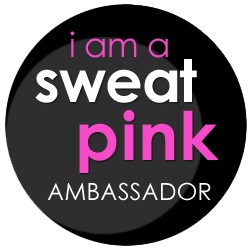

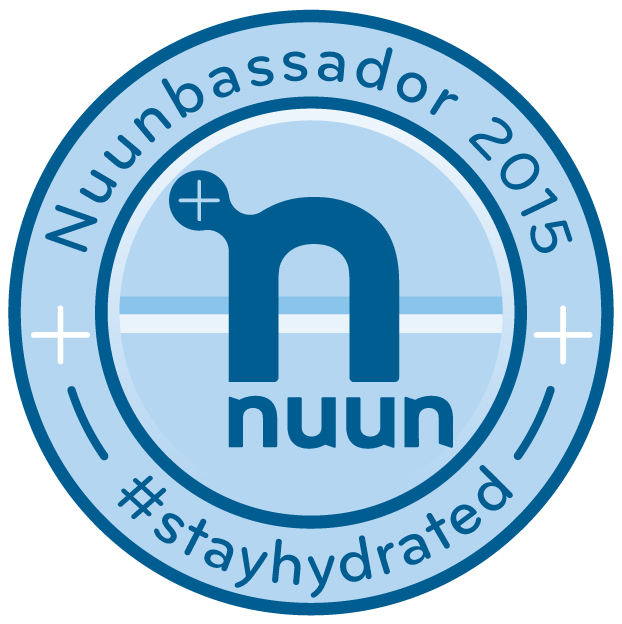

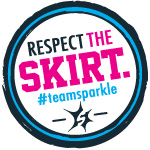
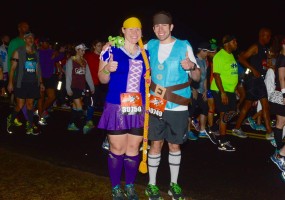

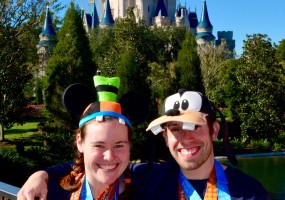

Very well said
Thanks for reading!